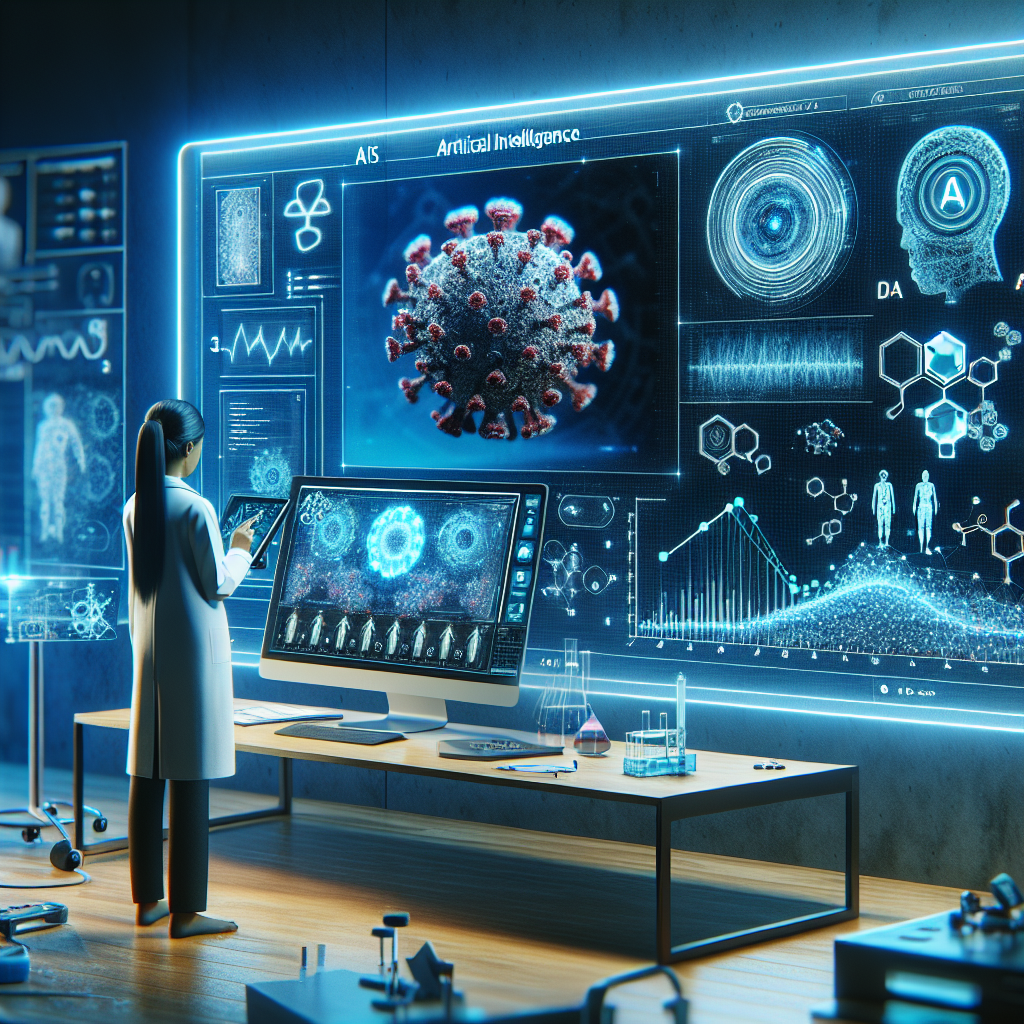“`html
How to Use AI for Disease Prediction
Getting started with AI for disease prediction can feel like stepping into a science fiction novel! But don’t worry, we’ve got you covered with some common questions and clear, friendly answers.
What is AI disease prediction?
AI disease prediction uses advanced algorithms, particularly machine learning, to analyze data and predict the likelihood of diseases. This helps doctors and healthcare professionals make better decisions, aiming for early diagnosis and improved treatment plans.
How does AI predict diseases?
Great question! AI analyzes a variety of data sources:
- Medical Records
- Genetic Information
- Environmental Factors
- Lifestyle Choices
This data is fed into machine learning models, which learn and identify patterns associated with specific diseases. Think of it like training a super-smart assistant who gets better at spotting the warning signs the more data you give them!
What are the benefits of using AI for disease prediction?
There are several exciting benefits:
- Early Detection: AI can spot potential health issues before symptoms appear, paving the way for early intervention.
- Personalized Treatment: By analyzing individual data, AI can help tailor treatments to fit each patient’s unique needs.
- Resource Optimization: Better predictions mean more efficient use of healthcare resources, benefitting both patients and providers.
Sounds cool! But is it really accurate?
Yes, AI disease prediction models can be incredibly accurate, but there’s always room for improvement. Accuracy depends on the quality and quantity of the data. The more comprehensive and well-labeled the data, the better the AI performs.
How do we ensure patient privacy?
Privacy is paramount when dealing with medical data. Here are some best practices:
- Use anonymized data to protect patient identities.
- Ensure compliance with regulations like HIPAA and GDPR.
- Utilize secure data storage and transmission protocols.
By following these guidelines, we can harness AI’s power without compromising patient trust and privacy.
What are the challenges?
Despite its potential, AI in disease prediction faces challenges:
- Data Quality: Inaccuracies or gaps in data can lead to less reliable predictions.
- Bias: If the training data is biased, the AI can make biased predictions. Ensuring diversity in training datasets is crucial.
- Integration: Integrating AI systems into existing healthcare infrastructures can be complex and costly.
Where can I learn more?
Curiosity piqued? There are plenty of ways to dive deeper:
- Read medical journals and AI research papers.
- Take online courses on AI and machine learning.
- Join communities and forums where professionals discuss advancements and share insights.
AI for disease prediction is a fascinating and rapidly evolving field. With each step forward, we get closer to a future where healthcare is more proactive, personalized, and effective. If you’re passionate about tech and health, this might just be the perfect avenue for you!
Happy learning!
“`
